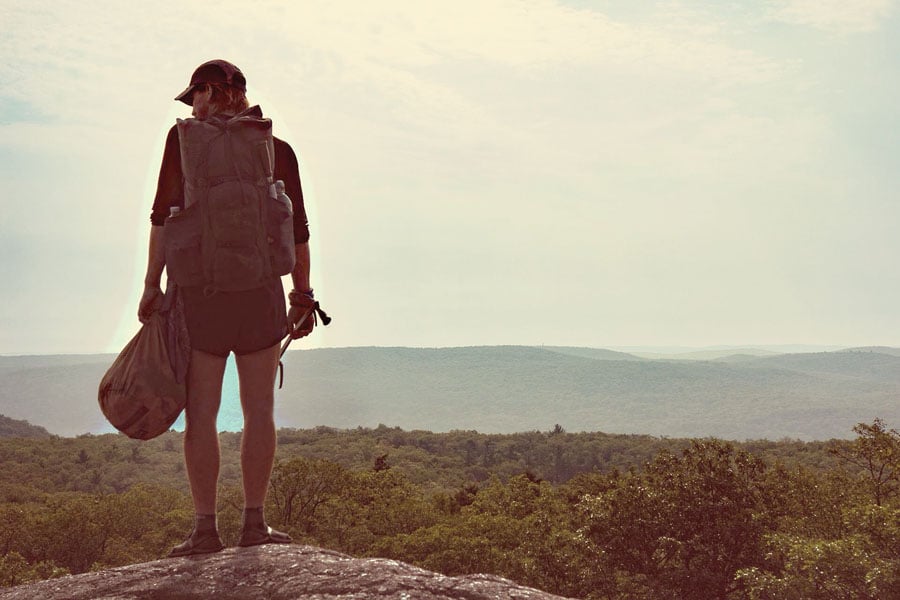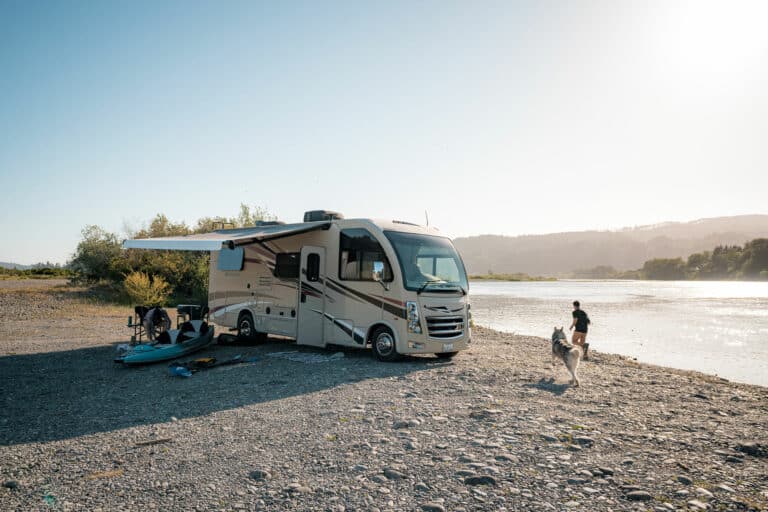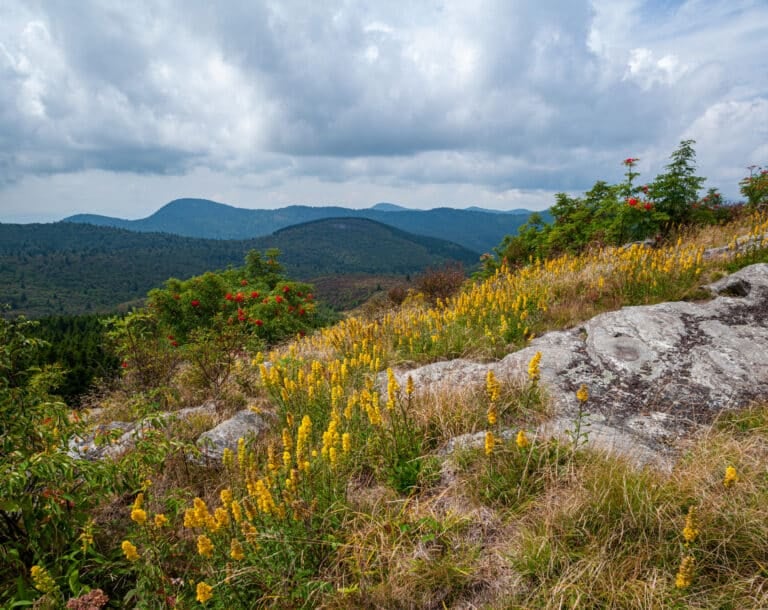26-year-old Georgia native and wilderness guide Seth Orme was out hiking in Franklin, N.C. one afternoon when he started picking up little pieces of trash along the way. The crew hiking alongside him followed suit, and soon they found themselves with a pound of trash collectively. Orme thought about all of the litter living on our trail systems and wondered whether anyone had ever attempted to clean it up. One year later, during the summer of 2015, he decided to act. He set out on a journey with two friends to remove as much trail trash as possible while thru-hiking. Orme and two friends collected over 1,000 pounds of litter from the Appalachian Trail. They are continuing that mission on the Pacific Crest Trail this year.
Each human generates on average around 4.7 pounds of waste each day, creating 750 million tons of garbage annually. With national park visitation in 2015 coming in at an all-time high at 307.2 million visits around the country last year alone, the outdoors are presented with a new set of challenges. Orme and his crew, aptly named Team Packing it Out, hope that by acting as outdoorsmen should and engaging the Leave No Trace ethic of packing out what you pack in on your adventures, that leading by example will create a lasting ripple effect.
“We’re seeing continued increase in trail use with ‘A Walk in the Woods’ coming out last year and Cheryl Strayed’s ‘Wild’ which had similar effects for the PCT,” says Leave No Trace Education Director Ben Lawhon. “That leads to a lot of impact and certainly increased litter.” It was litter that initially sparked Orme to call up lifelong friend Joe Denhard whom he’d known since 8th grade and kayaked the Mississippi River with a few years earlier. He told him he wanted to clean as much trash as he could while thru-hiking the A.T. that summer. Denhard was in for the five-month challenge, and together they set out with a sea-kayaking guide Orme met a few years earlier, Paul Twedt.
It was litter that initially sparked Orme to call up lifelong friend Joe Denhard whom he’d known since 8th grade and kayaked the Mississippi River with a few years earlier. He told him he wanted to clean as much trash as he could while thru-hiking the A.T. that summer. Denhard was in for the five-month challenge, and together they set out with a sea-kayaking guide Orme met a few years earlier, Paul Twedt.
“I knew at that point in my life it was going to take something more, a bigger reason for me to quit my life for five months,” says Orme. “This idea had a strong enough pull for me. What if there is no trash? What if I can help?”
On the eight-mile approach trail to Springer Mountain, Ga., they collected 19 pounds of trash. “Shaking our heads, thinking ‘what are we doing?’ we just kept telling each other to stay positive, realistic, and humble about whatever was going to happen,” said Orme.
At Appalachian Trail Days in Damascus, Va., they talked with the crew at Granite Gear, including Granite Gear vice president of sales and marketing Rob Coughlin. “I talk to a million hikers a year, but the ambition they took to collect a half ton of trash while thru-hiking is the greatest hiking accomplishment I’ve heard in recent history,” says Coughlin. “You have a lot of guys out there doing speed records and things like that, which is great, but to go out there and remove mattresses off the trail is going well above and beyond.”
Granite Gear paid for the rest of their hike in 2015 and signed them as official athletes for 2016. They outfitted them before they hit the trail in May and will be joining them at several stops along the way to create short videos. Orme says they’re not using any new or high-tech gear for this hike and didn’t on the A.T. either. Their method is simple—use trash grabbers and keep an arsenal of trash bags and mesh nylon sacks to grab all visible trash. They stubbed toiled paper into the ground using their hiking poles and handed off full trash bags to day hikers leaving the trail with cars or emptied them in the nearest town’s trash cans and recycling centers. They weighed their findings each day using a small luggage scale.
“With some of the situations we got into with trash, I’m so glad we were all there together. When you find 70 pounds of mattresses it would be tough to carry that out solo. It was ridiculously hard with three people,” said Orme.
“Each person that picks up a piece of litter while out there inspires someone else to and someone else and so on. It changes our collective ethic about being outdoors,” said Orme.







